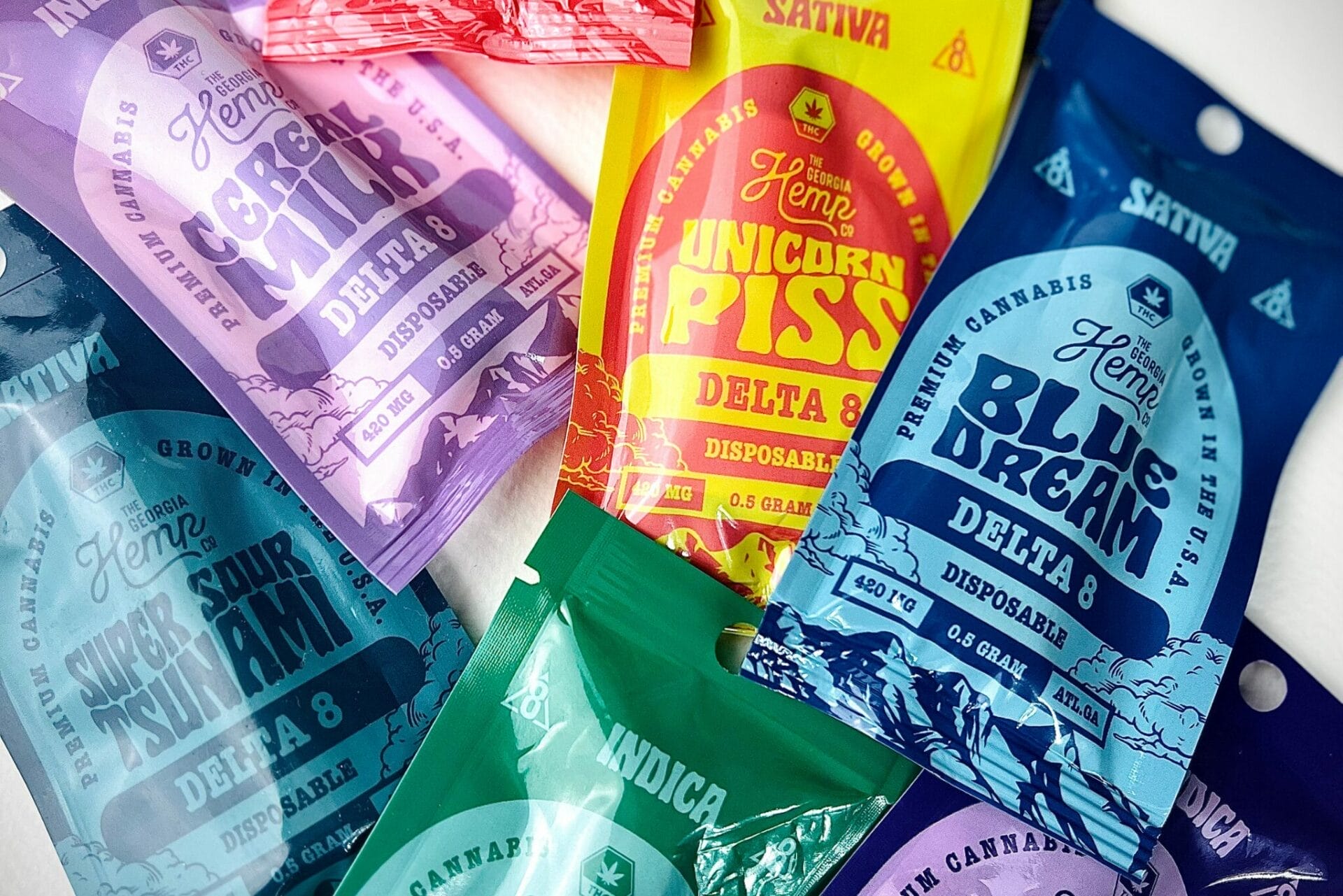Your cart is currently empty!


Student-athletes – a group that is already arguably treated unfairly in light of their unpaid status (even though they generate countless millions in revenue for the institutions they compete for) – are frequently penalized for medicinal or recreational cannabis use.
However, student-athletes who use cannabis recently won huge concessions from the National Collegiate Athletic Association (NCAA).
Under pressure, the NCAA Committee on Competitive Safeguards and Medical Aspects of Sports (CSMAS), the body responsible for administering drug use and testing policy for NCAA athletes, announced a long-awaited adjustment to its policy governing cannabis.
The move comes as, in recent years, many research groups, including Georgia’s own Grady News Source, have reported increasing recreational cannabis use among university students. Between the years 2008 and 2018, polling indicated a 10% rise in cannabis use among university attendees.
In a recent statement, NCAA official Brian Hainline explained the shift on cannabis:
“Reconsidering the NCAA approach to cannabis testing and management is consistent with feedback from membership on how to better support and educate student-athletes in a society with rapidly evolving public health and cultural views regarding cannabis use.”
– NCAA’s chief medical officer Brian Hainline

Let’s break down the specific changes that the NCAA made to its policy and how they affect student-athletes:
In addition, the NCAA lowered the thresholds for THC blood levels from 35 to 150 nanograms per milliliter to be considered a “positive.” This threshold aligns with World Anti-Doping Agency (WADA) standards.
One of the pivotal points of contention upon which the cannabis debate in the context of student-athletes (and the broader sports industry) hinges is whether cannabis is a performance-enhancing drug.
In the previously cited statement released by the NCAA, the organization’s chief medical officer partially justified the recent relaxation of cannabis prohibition for student-athletes by conceding that it does not meet the criteria to be considered a performance-enhancing drug (PEDs):
“Marijuana is not considered a performance-enhancing substance, but it remains important for member schools to engage student-athletes regarding substance use prevention and provide management and support when appropriate.”
Other substances banned by the NCAA and other sports organizations – like human growth hormone (HGH), steroids, and others – clearly give athletes an unnatural competitive edge. Accordingly, banning and testing them is more understandable.
As the New York Times and other journalistic outlets have reported, the science doesn’t support the classification of cannabis as a performance-enhancing drug.

At Georgia Hemp Company, we’re excited to see the policy changes in institutions ranging from government lawmaking bodies to collegiate athletics based on the increasing acceptance and tolerance of cannabis use in wider society. Contact us to learn more about cannabis advocacy.

Leave a Reply